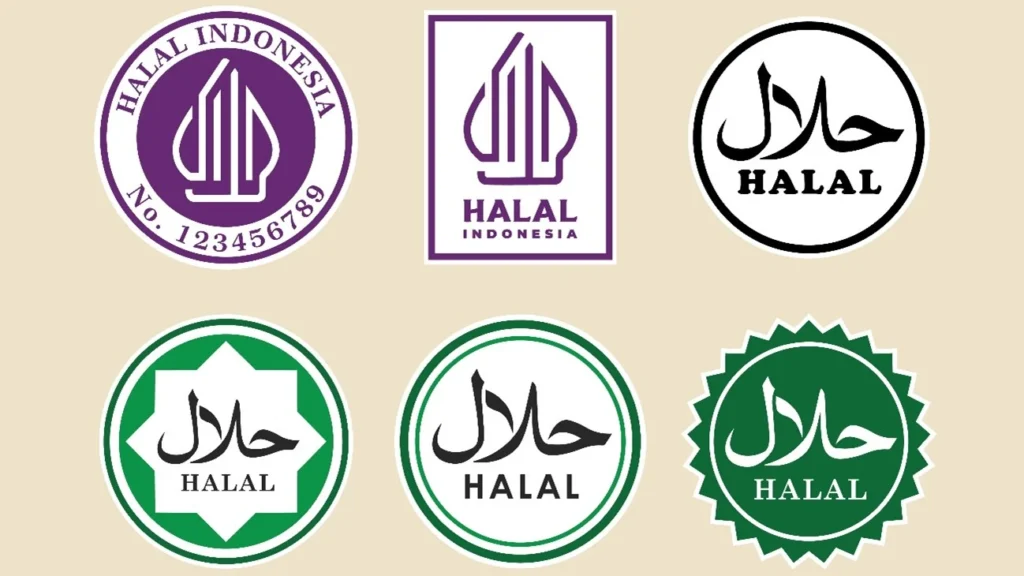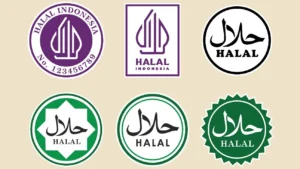Halal certification is an essential process to ensure compliance with Islamic principles in food production. This certification guarantees that all stages, from the selection of ingredients to the transportation and storage of products, are carried out in accordance with Islamic religious norms. Furthermore, Halal certification is a means of gaining the trust of Muslim consumers by providing them with products that meet their religious requirements. In this article, we will explore in detail the meaning and importance of Halal certification, as well as the requirements and benefits associated with it.
The Concept of Halal
The term “Halal” in Arabic means “permissible” or “acceptable”. In the food context, it refers to foods and products that are considered pure and permitted by Islamic law. These foods are considered beneficial for health and improve the quality of life of Muslim consumers. Halal certification covers not only food production, but also other areas such as hygiene, health, economy and tourism, influencing the lifestyle of Muslims.
Halal foods must meet a series of requirements established by the Islamic religion. Some of these requirements include:
- Do not include ingredients prohibited by Islamic law, such as pork and its derivatives;
- Do not contain toxic or alcoholic substances;
- Be produced through permitted methods, such as Halal slaughter, where the name of God is invoked during the process;
- Do not come into contact with Haram (prohibited) food or substances during production, processing or storage.
Importance of Halal Certification
Halal certification plays a key role in ensuring food quality and safety for Muslim consumers. It allows consumers to easily identify products that align with their religious beliefs, allowing them to make informed choices during the purchasing process. Furthermore, Halal certification is a requirement for companies wishing to enter markets with a large Muslim population, such as countries in the Middle East, Asia and Africa.
By obtaining Halal certification, companies demonstrate their commitment to providing high-quality products that meet the religious requirements of Muslim consumers. This not only increases consumer confidence but also opens up business opportunities in a growing market.
Requirements for Halal Certification
To obtain Halal certification, companies must follow a series of requirements established by Islamic authorities or recognized certifying organizations . Some of the common requirements include:
Ingredient Selection: All ingredients used in food production must be Halal. This means that they must not contain ingredients prohibited by Islamic law, such as pork, alcohol or any substance considered Haram.
Production Process: Food must be produced according to methods permitted by Islamic law. This includes Halal slaughter, in which a Muslim professional carries out the slaughter of the animal, invoking the name of God during the process.
Cross-Contamination: It is important to ensure that Halal foods do not come into contact with Haram foods or substances during production, processing or storage. This requires implementing strict hygiene measures and proper segregation of ingredients.
Conclusion
Halal certification plays a key role in ensuring food quality and safety for Muslim consumers. It allows companies to meet the specific needs of Muslim consumers and access new growth markets. By obtaining Halal certification, companies demonstrate their commitment to providing high-quality products that meet consumers’ religious requirements. Therefore, this certification is a valuable competitive advantage for companies that want to expand their business and reach a diverse audience.









